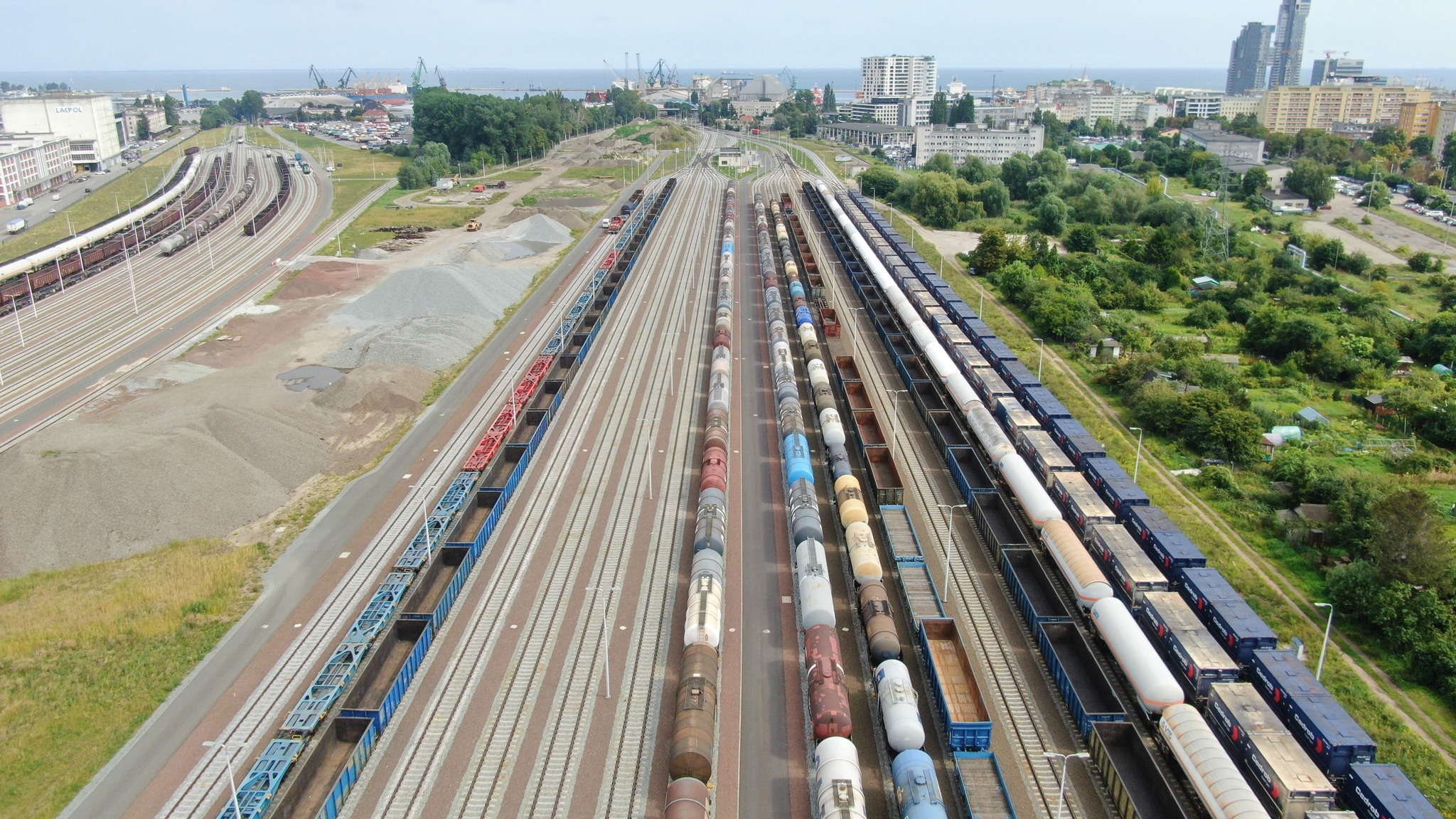
The European Commission adopted on November 7, 2023, a new proposal on combining transport modes to create a sustainable freight transport system by improving the competitiveness of intermodal freight vis-à-vis road-only transport. The proposal updates the current Combined Transport Directive and completes the Greening Freight Package the bulk of which was adopted in July 2023. The package will help the freight sector do its part in the EU achieving its Green Deal goals.
During intermodal transport operations, one loading unit, such as a container, is moved via a combination of lorry, train, barge, ship or plane. Combined transport is a sort of intermodal transport combining the flexibility of road transport, which would still be used for the first/last leg of a journey to ensure that any location in the EU can be reached, with the environmental performance of rail, inland waterways or short sea shipping for the main leg of the journey.
“With our proposal, lorries will continue to have a role in the freight sector, but combining them with other, more sustainable transport modes, such as barges, short sea shipping or trains, will reduce the external costs of transport and optimise the use of our transport network for the benefit of citizens and our economy,” the Commissioner for Transport, Adina Vălean, said.
The revision will make intermodal transport more efficient and competitive and will determine the creation of a sustainable freight transport in the EU. It refocuses support on operations that reduce by at least 40% the negative externalities compared to road-only operations between the same starting and end points. Digital platforms established under the electronic freight transport information Regulation will provide a calculation tool allowing transport organisers to prove whether their operation is eligible for support. They will submit the necessary information in an accessible manner while the accredited digital systems will do the rest.
Alongside existing regulatory measures, the proposal introduces an exemption from temporary driving bans, such as weekend driving bans for combined transport. The aim is to improve the use of terminal and other infrastructure capacity by allowing trucks carrying out the short feeder legs to reach terminals as and when they need to, based on train, barge or ship departure times.
The proposal sets Member States a competitive target to reduce by at least 10% the average door-to-door cost of combined transport operations within 7 years and requires them to put in place the policies needed to achieve this. A new EU gateway for intermodal transport information will provide links to all Member States’ national policy frameworks, as well as practical information on measures in place, increasing the transparency of national measures.
The proposal will now be considered by the European Parliament and the Council in the ordinary legislative procedure.
The Combined Transport Directive was last amended in 1992 and in 1998 and 2017, the EC presented two proposals to update the Directive but in both cases the amendment proposal was withdrawn by the Commission as no satisfactory agreement was reached by the co-legislators.
Share on:



